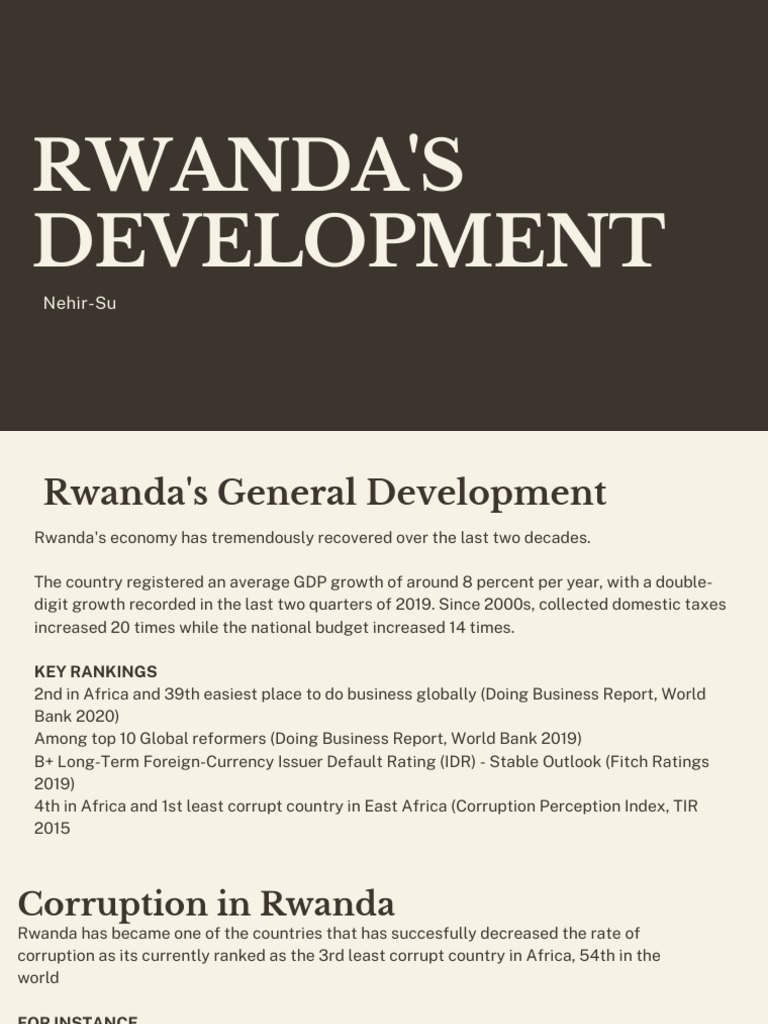Rwanda Launches Data Science Training Programme to Enhance Public Sector Capabilities
A groundbreaking initiative has been introduced in Rwanda to bridge the gap in data skills within the public sector. This effort is spearheaded by the National Institute of Statistics of Rwanda (NISR) in collaboration with the African Institute for Mathematical Sciences (AIMS). The programme, named the Data Science Capacity Building Initiative (DSCBI), aims to equip professionals across Rwanda’s National Statistical System (NSS) with practical data analysis skills. These skills are crucial for supporting evidence-based policymaking and driving national development.
The DSCBI is a six-month training programme that focuses on real-world applications rather than theoretical knowledge. It targets a diverse group of professionals who are tasked with addressing pressing data challenges faced by their respective institutions. Participants are trained to use datasets from various sources such as surveys and systems to develop effective solutions.
The launch event took place on July 10 at the NISR Training Centre and Data Science Campus in Nyarugenge. It brought together key government stakeholders and the first cohort of 50 professionals selected for the programme. Ivan Murenzi, Director General of NISR, highlighted the practical nature of the training. He emphasized that participants are not just learning theory but are actively identifying real data issues and working on solving them using available datasets.
Murenzi pointed out that Rwanda is transitioning from traditional methods of relying on census and survey data to real-time, evidence-based decision-making. This shift is essential in today’s fast-paced governance environment. He explained that with limited resources, every decision must be efficient, and leaders need to rely on real evidence to make informed choices. Whether it’s in agriculture, education, or health, the initiative is expected to lead to smarter policies and better planning.
In addition to technical training, NISR is also developing tailored programmes for senior leaders such as ministers, permanent secretaries, and institutional heads. These programmes aim to help these leaders understand how data can enhance the quality of their decisions.
Yves Iradukunda, Permanent Secretary at the Ministry of ICT and Innovation (MINICT), welcomed the initiative, calling it a critical step toward transforming Rwanda into a data-driven society. He noted that many government professionals have access to data but lack the skills to extract actionable insights from it. The programme directly addresses this gap by enabling participants to use data more effectively in their daily work.
Iradukunda added that the training is designed to support learners from the basics to more advanced competencies, acknowledging that not all participants come from technical backgrounds. He urged trainees to commit fully to the process, emphasizing that the future of Rwanda’s data transformation depends on their success.
Diane Mukakalisa, who works in the Department of Planning, Monitoring, and Evaluation at the Ministry of Gender and Family Promotion, shared her perspective on the importance of the training. She highlighted the challenges her department faces when using newer systems, especially regarding gender-related data. The training, she said, is a great opportunity to build skills and ensure that the data collected truly informs development.
Overall, the DSCBI represents a significant step forward in Rwanda’s efforts to harness the power of data for national progress. By focusing on both technical and leadership development, the programme is poised to create a more informed and effective public sector. As the initiative progresses, it is expected to contribute significantly to the country’s overall development goals.







